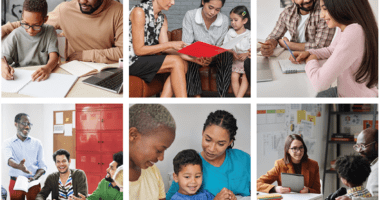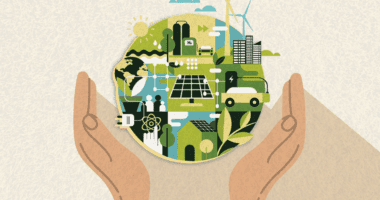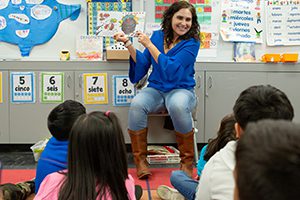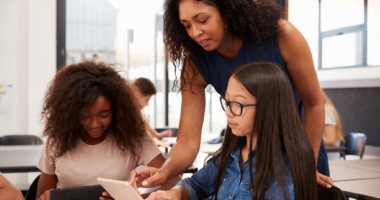Finding Success in Whatever Way Possible
In two new papers, scholar John Hattie identifies the most important — and the least important — things we can do to improve education, based on syntheses of a great deal of research. In the Huffington Post, I write about what he found.
In one of the papers, Hattie addresses what he says is a common criticism of his work — that he ignores the role poverty plays in the lives and learning of children.
What he has to say about that is worth noting for anyone who wrestles with the question of what schools can do when their students live in poverty:
As many have noted, students do not take a holiday from poverty during school hours, and, indeed, addressing the impact of poverty can lead to major improvements in achievement. But it is a gross misreading of my work to say that I ignore these issues. See the chapter in Visible Learning (Hattie 2009) on the importance of home resources, for example. Poverty, homelessness, abuse and inappropriate use of drugs are all major impediments to students progressing in their learning. They are, in particular, killers of high expectations and encouragement to succeed.
It is my view that we educators cannot do much to fix poverty. Instead, we can offer the best chances to help students, no matter what their home situation is. Indeed, one of the reasons governments make schooling compulsory is that it offers all students a chance to succeed – and there are many teachers and schools that make important differences to the lives of children from poverty.
A belief that we can make a difference for children from poorly resourced families is a critical starting point, and the mantra needs to be, ‘I can make a profound positive difference to every person who crosses the school gate into my class or school regardless of their background.’ Poverty and low family resources are no excuse for not making a major contribution to students, although they certainly make for a tough start ….
It is surely a fundamental role of schooling to enable anyone to climb out of a lower socioeconomic situation.





